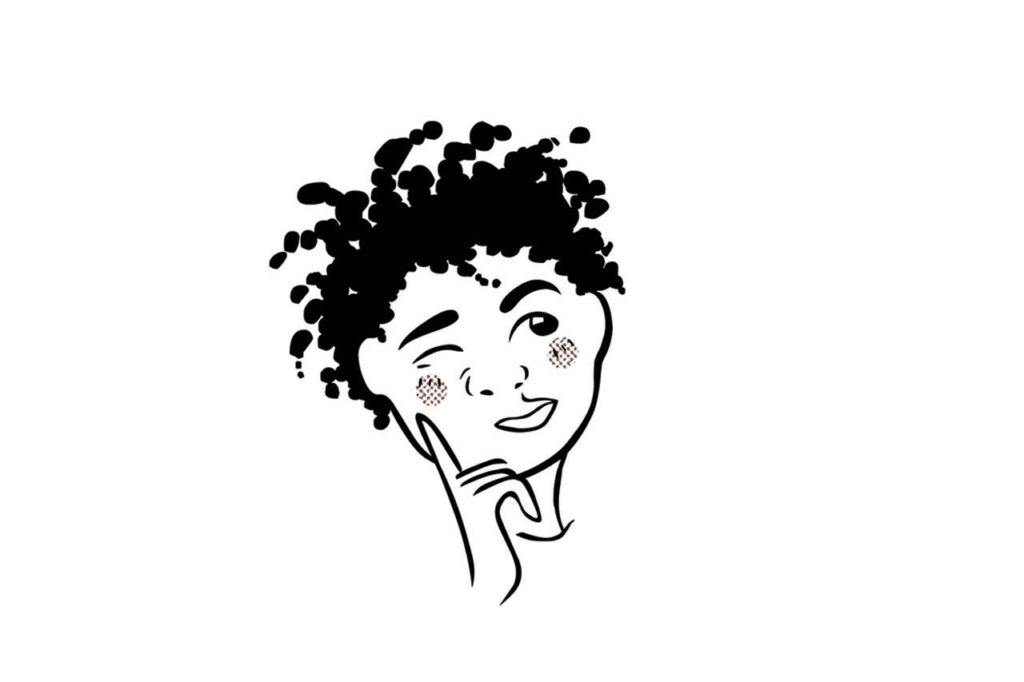[LUM#21] Fred, age 7: "Why do we cut down trees in the forest?"
Fred, age 7. Future X-wing pilot.

You have probably seen trees marked with paint while walking in the woods
, not to be confused with a hiking trail marker. This mark means "
" (mark for felling), indicating that this tree will be cut down. You have probably also seen stumps or large piles of logs on the side of the road. But why are these trees being cut down?
First, they can be cut down to obtain wood for manufacturing products:
furniture, pencils, spoons, toys, etc. To obtain large quantities of wood,
foresters plant trees far apart from each other and prune the branches
as they grow. This results in tall, straight trees
that can be used to build houses, make furniture, or
paper. Plantations work like an orchard: trees are planted,
harvested, and then more are planted.
However, not all trees are cut down to produce items that humans
need, and the reasons for this can vary greatly. For example, if the forest is very
old and there are regeneration issues, the old trees are felled
to allow light to reach the ground and young seedlings to grow.
When they are too close to each other, it is necessary to remove some of them
so that those that remain do not lack water, light, and nutrients. And
in the event of a fire, maintaining a certain space between trees will prevent the fire
from spreading too quickly. In this case, those that are twisted or damaged
are often cut down. This way, the taller, straighter trees will be the parents of
future generations.
Sick trees are also cut down to prevent the spread of insects or
diseases. These are often used by residents of neighboring villages as
fuel to light their fireplaces. Other times, they are shredded and
turned into planks or briquettes, or the chips are simply left
in the forest so that the nutrients return to the soil and the remaining trees
grow healthily. Finally, sometimes trees must be cut down for
the good of the entire forest.
Martina Sánchez Pinillos – researcher at the Institute of Evolutionary Sciences in Montpellier (CNRS, UM, IRD).
An article in partnership with The Conversation website.
Find UM podcasts now available on your favorite platform (Spotify, Deezer, Apple Podcasts, Amazon Music, etc.).